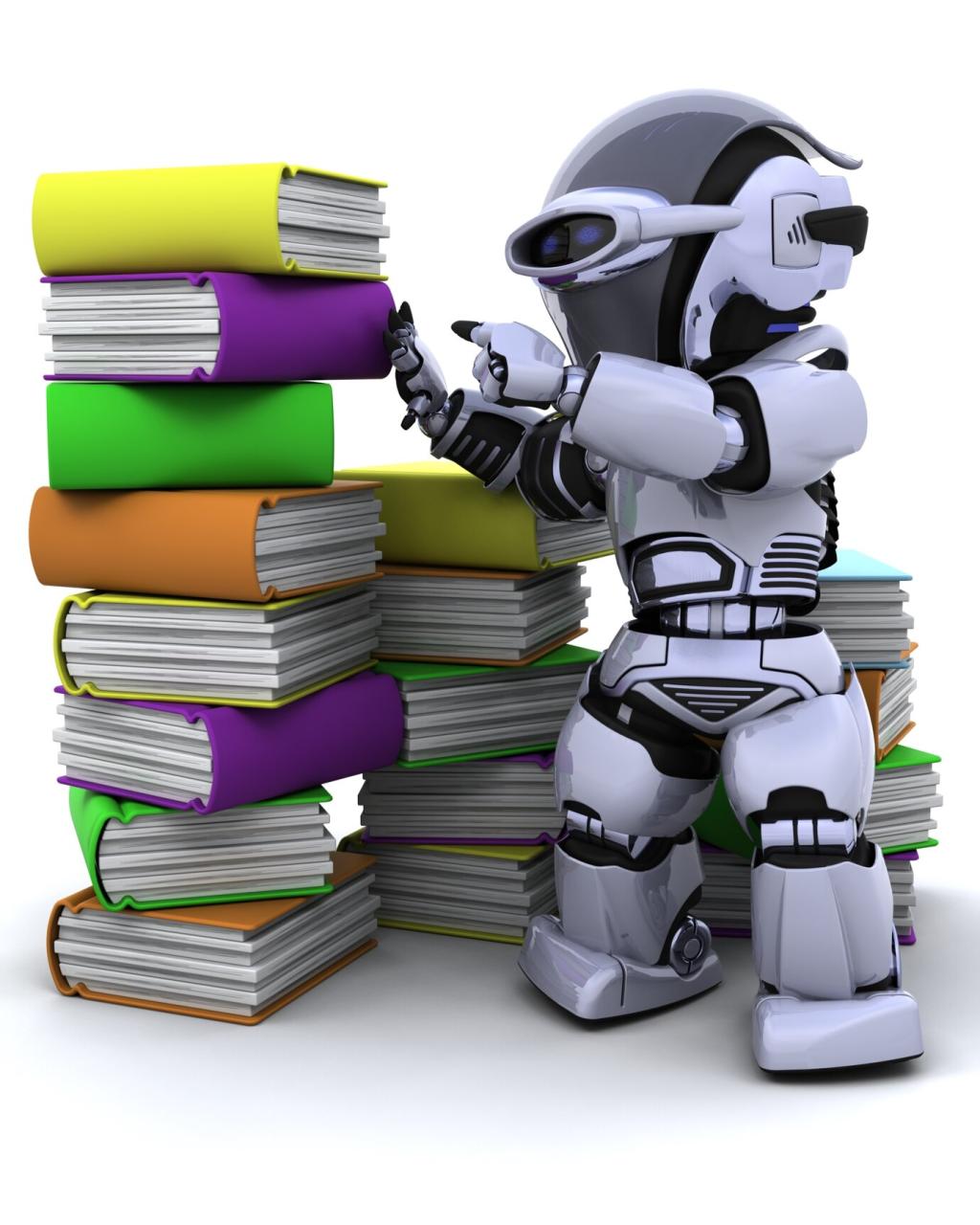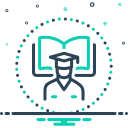
AI-Powered Tutoring Platforms by 2025
The landscape of education is rapidly transforming, and AI-powered tutoring platforms are at the core of this evolution heading into 2025. These platforms leverage cutting-edge artificial intelligence to provide a highly personalized, accessible, and adaptive learning experience for students everywhere. As educational needs become increasingly dynamic and technology continues to advance, AI tutoring platforms are poised to redefine the way students learn, teachers instruct, and institutions manage curriculums. This web page explores the key features, innovations, and impacts these platforms will bring by 2025.

Adaptive Learning Engines
Adaptive learning engines are at the heart of AI tutoring and have seen extraordinary improvements over the past few years. Employing powerful machine learning algorithms, these engines can now analyze a student’s performance in incredible detail, identifying precise knowledge gaps and learning styles. The result is an individualized, dynamic learning path that evolves with the learner’s progress, ensuring optimal retention and growth. By 2025, these engines will be even more capable, drawing from massive datasets to refine their predictions and adapt content in real time, leading to higher student engagement and improved outcomes.

Natural Language Processing Advancements
Natural Language Processing (NLP) has become a backbone technology for AI tutoring platforms, enabling them to understand, interpret, and respond to student inquiries with natural, conversational fluency. In recent years, advancements in NLP have allowed these systems to parse complex questions, detect nuances in language, and provide contextually accurate explanations. Looking ahead to 2025, these platforms will possess even greater language sophistication, capable of engaging in rich dialogues, clarifying misconceptions instantly, and offering support across a diverse range of subjects and languages.

Predictive Analytics in Education
Predictive analytics harnesses historical and real-time data to forecast student performance, identify potential challenges early, and recommend timely interventions. On AI-powered tutoring platforms, predictive models continually evaluate students’ progress and adapt instructional strategies to maximize learning potential. By 2025, these analytics tools will integrate with broader educational ecosystems, enabling teachers and administrators to proactively support students, minimize dropout rates, and foster a culture of continuous improvement across institutions.


Intelligent Grading Assistance
Automated grading tools powered by AI have revolutionized assessment by providing accurate, unbiased, and rapid feedback on student submissions. By 2025, these systems will advance further, supporting nuanced evaluation of complex responses such as essays and projects, and highlighting student progress trends for teachers. This allows educators to dedicate more time to creative lesson planning, class discussions, and personalized mentorship, enriching the overall learning experience.
Augmented Lesson Planning
AI platforms analyze vast educational resources and student data to suggest lesson plans that are closely aligned with classroom needs and curricular goals. For teachers, this means access to ready-to-use, evidence-based instructional strategies and adaptable content that addresses the varied abilities within a class. In 2025, these tools will be smart enough to instantly update lesson plans based on student feedback and outcomes, ensuring that instructional materials remain relevant and impactful.
Targeted Student Support Insights
AI tutoring assists teachers in identifying students who may require additional help, counseling, or enrichment. Real-time analytics offer snapshots of class performance, participation, and engagement, highlighting where interventions may be needed. By 2025, these insights will be even more precise, enabling proactive, targeted support that ensures all students have the opportunity to succeed, and no one is overlooked.
Accessibility and Equity in Education
01
Removing Geographical Boundaries
With cloud-based AI tutoring systems, students in remote or underserved regions can connect to world-class educational resources that were previously out of reach. These platforms ensure equitable access to the same quality of tutoring experienced by learners in major urban centers. As connectivity continues to expand, by 2025, geography will become an insignificant factor in educational access and opportunity.
02
Supporting Diverse Learning Needs
Children with disabilities or unique learning profiles benefit enormously from AI tutors that can be personalized for different cognitive, sensory, or behavioral needs. From screen readers to custom cognitive scaffolding, platforms are increasingly incorporating accessibility features into their core design. In 2025, AI-powered tutoring will offer even richer support for neurodiverse learners and those with physical challenges, ensuring inclusive learning for all.
03
Addressing Socioeconomic Gaps
Affordable or even free AI tutoring services have the potential to reduce educational disparities linked to income. Platforms are designed to scale, enabling widespread distribution of quality content at low cost. By 2025, partnerships with public institutions and philanthropic organizations will drive even greater outreach, tackling the most persistent barriers to educational equity and fostering upward mobility through learning.

The Future of Collaborative Learning
AI can analyze student skills, interests, and interpersonal dynamics to form optimal learning groups, maximizing collaboration and complementary strengths. By 2025, such grouping will be dynamic and responsive, promoting productive teamwork, balancing abilities, and preventing social isolation. AI tutors will ensure that every group is conducive to collective problem-solving and effective knowledge exchange.
Within AI platforms, students can take on the role of tutor for their peers, with real-time feedback and resource recommendations from the system. This approach deepens understanding, builds communication skills, and fosters a sense of community. In 2025, AI will make these interactions seamless, matching students with complementary knowledge bases and tracking progress to ensure that both tutors and learners benefit equitably.
From interactive whiteboards to shared workspaces with instant AI-driven feedback, the future of online teamwork will be transformed by new collaboration tools. These tools will proactively identify when group assistance is needed, provide hints, and synthesize contributions into coherent summaries. By 2025, AI-powered platforms will serve as digital facilitators, making group projects more engaging, productive, and educationally impactful.
Real-time Progress Tracking
AI systems automatically monitor each student’s activity and performance, creating detailed progress reports that both learners and educators can access at any time. These insights include strengths, weaknesses, and specific milestones, allowing for agile goal setting and focused improvement. By 2025, real-time monitoring will be even more granular and meaningful, leveraging data visualization to keep learners informed and inspired.
Automated and Personalized Feedback
Feedback is a powerful driver of learning retention, and AI can provide specific, actionable, and empathetic responses tailored to each student’s needs. Whether correcting errors, praising improvements, or suggesting further study, modern platforms automate this crucial process without sacrificing quality. In 2025, feedback mechanisms will be even more responsive and nuanced, creating a continuous dialogue that accelerates growth and confidence.
Gamification and Motivation Systems
To keep students motivated, AI platforms integrate elements of gamification—including achievement badges, progress bars, and interactive challenges—that tap into intrinsic and extrinsic motivators. These systems adapt to each student’s engagement levels, introducing new incentives as needed. By 2025, gamified education powered by AI will make learning both rewarding and addictive, ensuring sustained participation and reducing burnout.
